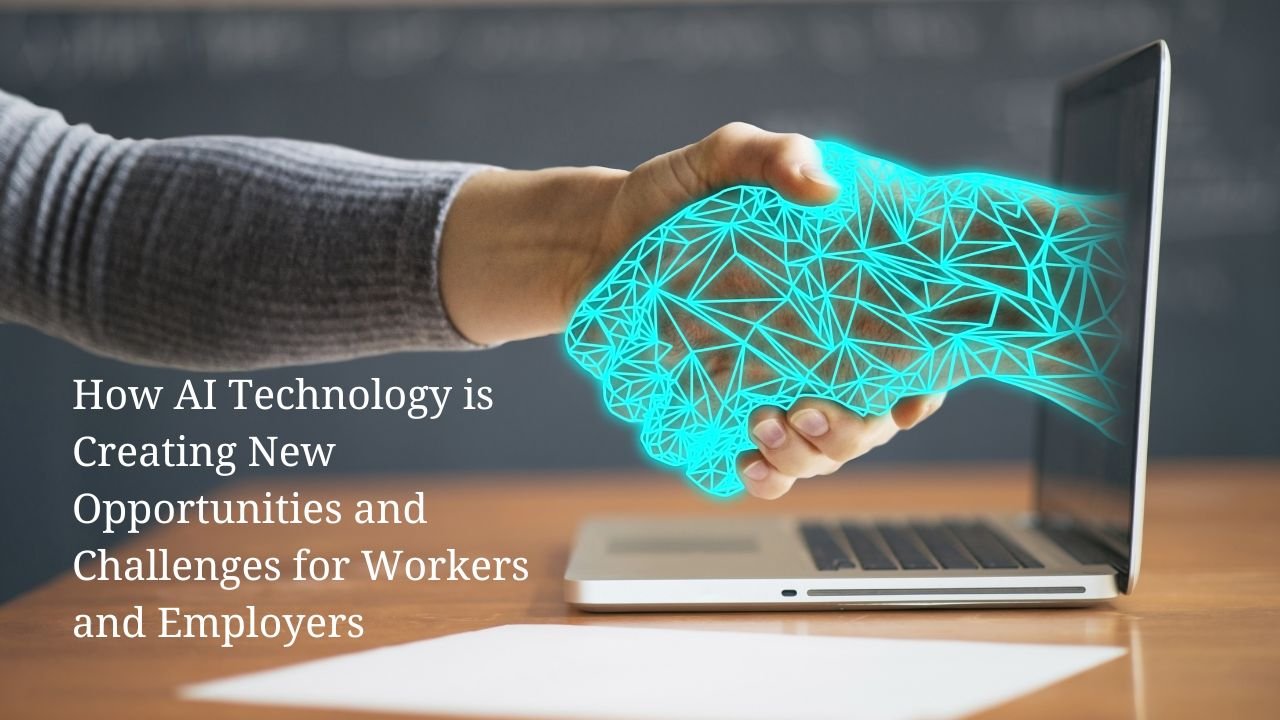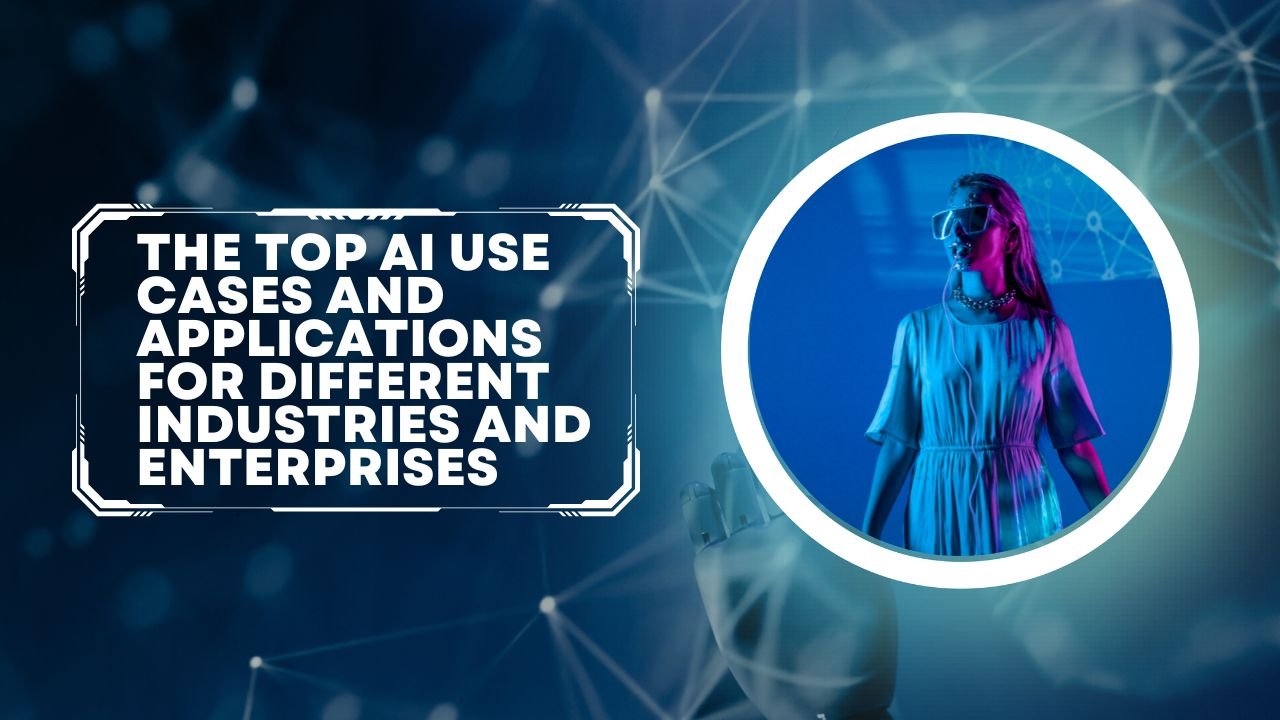How AI Technology is Creating New Opportunities and Challenges for Workers and Employers
Artificial intelligence (AI) is transforming the world of work in unprecedented ways. AI technology can automate tasks, augment human capabilities, and create new products and services. However, AI also poses significant challenges for workers and employers, such as ethical, legal, and social implications, skill gaps, and labor market disruptions. In this article, we will explore some of the opportunities and challenges that AI technology brings to the workplace, and how workers and employers can prepare for the future of work.
AI Technology Can Automate Tasks and Increase Productivity
One of the most obvious benefits of AI technology is that it can automate tasks that are repetitive, routine, or dangerous, and free up human workers to focus on more creative, complex, or strategic activities. For example, AI can perform data entry, customer service, quality control, fraud detection, and many other tasks that require speed, accuracy, and consistency. By automating these tasks, AI can increase productivity, efficiency, and quality of work.
AI Technology Can Augment Human Capabilities and Enhance Performance
Another benefit of AI technology is that it can augment human capabilities and enhance performance by providing assistance, guidance, feedback, and learning opportunities. For example, AI can help workers with decision making, problem solving, collaboration, communication, and skill development. AI can also help workers adapt to changing situations, cope with uncertainty, and overcome biases. By augmenting human capabilities, AI can improve outcomes, satisfaction, and well-being of workers.
AI Technology Can Create New Products and Services and Generate Value
A third benefit of AI technology is that it can create new products and services that were not possible before or improve existing ones by adding new features or functionalities. For example, AI can enable personalized recommendations, smart assistants, self-driving cars, facial recognition, natural language processing, and many other innovations that enhance customer experience, convenience, and value. By creating new products and services, AI can generate new sources of revenue, growth, and competitive advantage.
AI Technology Can Pose Ethical, Legal, and Social Implications for Workers and Employers
However, AI technology also comes with significant challenges for workers and employers that need to be addressed carefully. One of the main challenges is the ethical, legal, and social implications of using AI in the workplace. For example,
- How to ensure that AI is fair, transparent, and accountable?
- How to protect the privacy, security, and rights of workers and customers?
- How to balance the benefits and risks of AI for different stakeholders?
- How to deal with the moral and emotional aspects of working with or alongside AI?
These are some of the questions that workers and employers need to consider when using or developing AI technology, and follow the relevant laws, regulations, and ethical principles.
AI Technology Can Create Skill Gaps and Require New Competencies for Workers
Another challenge of AI technology is that it can create skill gaps and require new competencies for workers to succeed in the future of work. As AI technology automates or augments some tasks, workers need to acquire new skills or upgrade their existing ones to perform other tasks that are more valuable or in demand. For example,
- Workers need to develop digital skills to use or interact with AI technology effectively.
- Workers need to develop cognitive skills to think critically, creatively, and analytically.
- Workers need to develop social skills to communicate, collaborate, and empathize with others.
These are some of the skills that workers need to learn or improve to adapt to the changing nature of work and leverage the opportunities of AI technology.
AI Technology Can Disrupt Labor Markets and Require New Policies for Employers
A third challenge of AI technology is that it can disrupt labor markets and require new policies for employers to manage the impact of AI on their workforce. As AI technology changes the demand and supply of labor, employers need to anticipate and respond to the potential effects of AI on their business models, organizational structures, and human resource practices. For example,
- Employers need to assess how AI technology will affect their current and future workforce needs, and plan accordingly.
- Employers need to invest in training and reskilling their workers to prepare them for new roles or tasks.
- Employers need to provide fair compensation, benefits, and support for their workers, especially those who are displaced or affected by AI technology.
These are some of the policies that employers need to implement or revise to ensure the well-being, engagement, and retention of their workers in the era of AI.
Conclusion
AI technology is creating new opportunities and challenges for workers and employers in the workplace. AI technology can automate tasks, augment human capabilities, and create new products and services, but it can also pose ethical, legal, and social implications, create skill gaps, and disrupt labor markets. Workers and employers need to be aware of these opportunities and challenges, and take proactive steps to prepare for the future of work.




